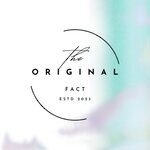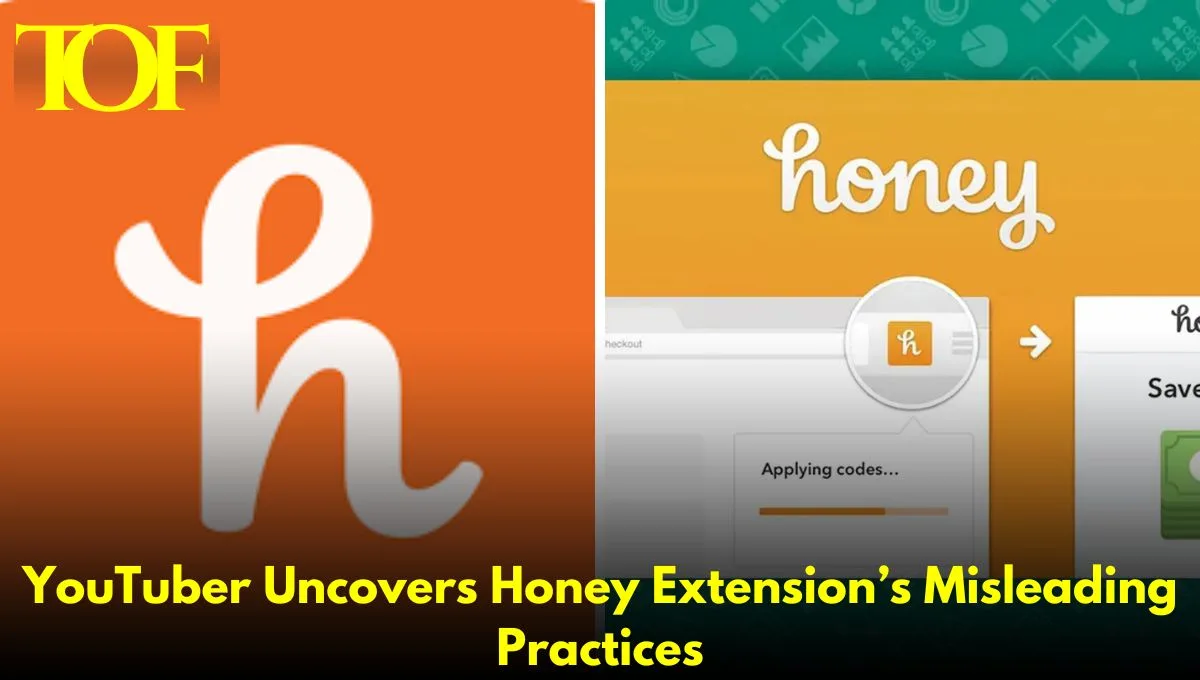The Honey extension has always been advertised as the solution to saving shoppers money; however, after a YouTuber exposed its dubious practice of misleading consumers and affiliate marketers, it received plenty of criticism.
Popularity of Honey Extension
Launched in 2012, Honey Extension rose to fame by claiming to help its users find and apply the best discount codes effortlessly while shopping online. Its popularity would top off with a purchase acquisition for 4 billion dollars by PayPal in 2020. Today millions rely on Honey under the presupposition that it automatically selects the best deals.
On investigation, however, with utmost detail by YouTuber MegaLag, it might not always be all about that promise. The exposé reveals how Honey allegedly promotes inferior discounts to benefit businesses and itself rather than users.
Hidden Costs to Consumers
The MegaLag video points out various cases where Honey favors business partnerships over finding the best deals for shoppers. For instance, Honey may focus on a 10% discount code from a business partner and ignore a 30% discount code available. This is against the very core promise of the application: ensuring the best possible savings.
These moves will leave the consumers at the mercy of the extension in searching for the best deals since they will rely on it to find them without further investigation.
Effect on Influencers and Affiliates
The research extends beyond the consumer to reveal the effect of Honey on affiliates and influencers. Some influencers such as Linus Tech Tips and Marques Brownlee have endorsed Honey, but MegaLag claims the extension is eroding their streams of revenue.
Affiliate marketing allows creators to earn a commission when users make purchases through referral links. MegaLag reports that Honey often hijacks these links, leaving it to collect the sales for itself and denying the correct creators their due earnings, an act of programming designed to siphon affiliate income out of creators’ pockets and back into Honey’s coffers, raising questions about how ethical this business model is.
The Broader Implications
MegaLag results indicate there is an even bigger issue with the digital economy: The transparency and fairness in attracting the customer are what the system is growing wary of with businesses becoming even more reliant on tools such as Honey. Honey hides the visibility of discounts as well as affiliate links- it has shown how corporations can manipulate this technology to produce an unfair playing field in their favor.
This is also evident in the revelations of the necessity of consumers to be aware. Blindly relying on automated tools such as Honey may lead to missed savings and support unethical business practices.
Do You Need to Uninstall Honey?
MegaLag’s investigation has made many users rethink using the extension. Honey was first welcomed as a helpful tool, but PayPal’s acquisition and subsequent practices have made it doubtful.
Then, users who care about transparency and saving must look for discount codes themselves or opt for other less ethical ways. Furthermore, using direct affiliate links will ensure that the creators benefit from their hard-earned commission.
Conclusion
From a consumer-friendly extension to a PayPal-owned giant, Honey’s journey explains how corporate interest may further lead to breaking trust. This is shown in MegaLag as the hidden cost of convenience encourages users to question what they use to save on digital shopping.
It becomes necessary when consumers, creators, and businesses must address these questions that raise complex answers to technology, trust, and ethics between them amidst the digital shopping era.
To Read More: Technology

